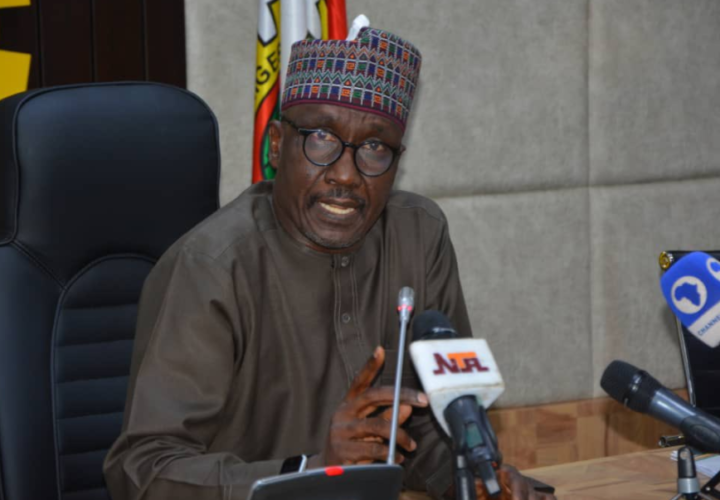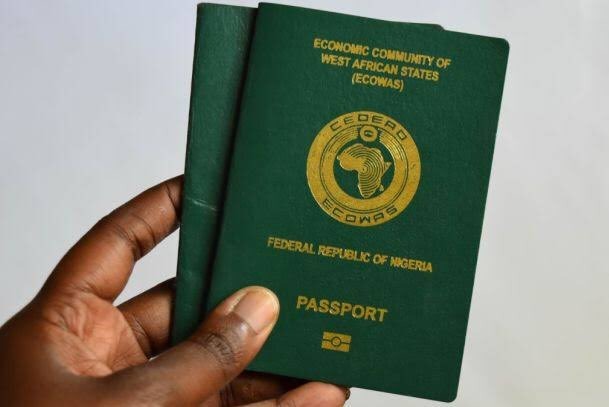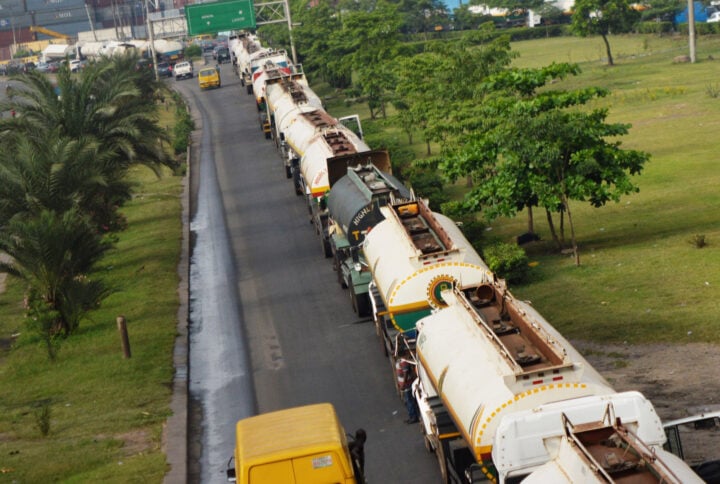Mele Kyari, group managing director of the Nigerian National Petroleum Company (NNPC) Limited, says suppliers imported the methanol-blended petrol.
He said the importation was through the direct sales direct purchase (DSDP) arrangement — a strategy by the NNPC to ensure a sustained supply of petroleum products.
According to Kyari, the suppliers include MRS, Oando, Emadeb Consortium, and Duke Oil, a subsidiary of NNPC.
On Wednesday, MRS Oil had accused NNPC of importing the adulterated product through its subsidiary, Duke Oil.
Advertisement
“Due to the current subsidy regime, NNPC is the sole importer of all PMS in Nigeria. Consequently, NNPC, through their trading arm Duke Oil, supplied a cargo of PMS purchased from international trader Litasco and delivered it with the Motor Tanker (MT), Nord Gainer,” MRS said in the statement.
But while addressing a press conference on Wednesday night, Kyari said methanol was discovered in all four PMS cargoes imported by DSDP suppliers, including MRS.
He said NNPC, on 20 January 2022, received a report from its quality inspector on the presence of emulsion particles in PMS cargoes shipped to Nigeria from Antwerp-Belgium.
Advertisement
“NNPC investigation revealed the presence of methanol in four PMS cargoes imported by DSDP suppliers including MRS, Oando, Duke Oil, and Emadeb/Hyde/AY Maikifi/Brittania-U Consortium,” Kyari said.
He noted that cargoes quality certificates issued at load port (Antwerp- Belgium) by AmSpec Belgium indicated that the gasoline complied with Nigerian Specification.
According to him, tests conducted by NNPC’s quality inspectors, including GMO, SGS, GeoChem and G&G before discharge, also showed that the gasoline met Nigerian specifications.
He added that none of the tests conducted included a check to ascertain the percentage of methanol in the product before release.
Advertisement
“As a standard practice for all PMS import to Nigeria, the cargoes were equally certified by inspection agent appointed by the Midstream and Downstream Petroleum Regulatory Authority has met Nigerian specification,” he added.
“It is important to note that the usual quality inspection protocol employed in both the load port in Belgium and our discharge ports in Nigeria do not include the test for Percent methanol content, and therefore the additive was not detected by our quality inspectors.”
Nigerians have been facing a shortage of petrol at filling stations since Monday after measures by regulators to take off the products in circulation, causing to long queues.
Kyari said to prevent the distribution of the petrol, NNPC ordered the quarantine of all un-evacuated volumes and the holding back of all the affected products in transit (both truck and marine).
Advertisement
“All defaulting suppliers have been put on notice for remedial actions, and NNPC will work with the authority to take further necessary actions in line with subsisting regulations,” he said.
Advertisement







